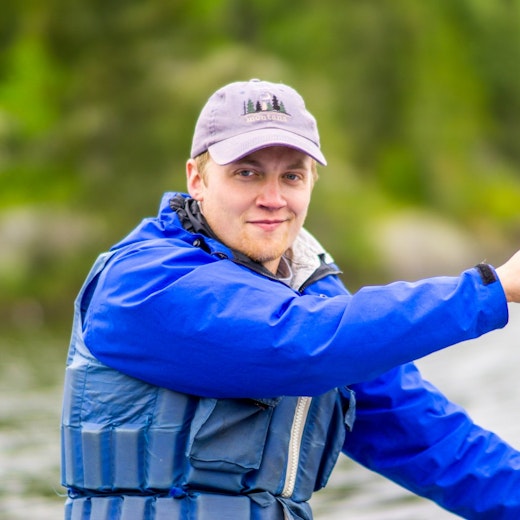
What is character and how can it be “built?”
Most people have an intuitive sense of character but find it difficult to define. Great thinkers have pondered this subject for centuries. Aristotle defined good character as “the life of right conduct—right conduct in relation to other persons and in relation to oneself.” Thomas Lickona described it as “operative values, values in action—knowing the good, desiring the good, and doing the good.” Dr. Martin Luther King Jr. reminded us that “intelligence plus character—that is the goal of true education.” The American Camp Association defines it simply as “intentions and actions that benefit other people as well as ourselves.”
Good character matters because it makes everyone’s experience better. The world is a better place when people display kindness, resilience, initiative, order, humility, creativity, confidence, responsibility, leadership, and inclusivity. These strengths don’t develop overnight, rather they require time, intention, and a supportive community. People don’t naturally grow up to be morally excellent or practically wise all on their own. That’s where places like Camp Voyageur come in.
How Camp Voyageur Builds Character
Youth summer camps are century-old institutions specializing in character development. As Camp Voyageur founder Charlie Erdmann preached in his later years, the purpose of Camp is to create people who are better than us! Character is the muscle at work when we’re creating great people and giving kids the strength and skills they need to thrive in life. Today more than ever, kids are inundated with constant messaging from movies, music, and media, influencing their values, personalities, views of the world, and where they fit in. Camp is a sanctuary away from this bombardment, a place where good character is taught intentionally, observed, and reinforced. Camp Voyageur builds character in many ways:
Community
Campers and staff care for, and respect, one another and wonders of the natural world. Shared experiences like family-style meals, group games, wilderness trips, and campfires foster a sense of belonging and responsibility to one another.
Challenge by Choice
Most campers embrace challenges like paddling together headlong into a stiff wind, lugging heavy packs across a portage, hiking along a rugged trail in the rain, and learning new skills. Such moments help build friendships, confidence, and resilience while teaching the rewards of perseverance.
Experiential Learning
We know people learn best by doing. Most campers grasp the “why” behind their activities when they light a fire, cook a meal, tie a canoe to a tree with a bowline knot, get open on a pick-and-roll, or sell their Bean Auction item onstage. Everyone has a voice at Camp. As campers find their place within the cabin, team, and along the trail, leaders and followers emerge.
Supportive Staff
Interaction is key to camper development. Counselors lead by example, creating a collaborative environment of mentorship, learning, and encouraging personal growth. When campers feel safe and valued, they interact and collaborate more effectively.



A Lasting Impact
Quality character does not develop spontaneously. It is the result of lifelong personal and community effort. A home away from home, Camp Voyageur provides opportunities for personal growth during kids’ formative years. Campers flourish and return home transformed. Focusing on character traits such as kindness, humility, leadership, initiative, and responsibility enriches the camp experience for all and prepares kids for life.






